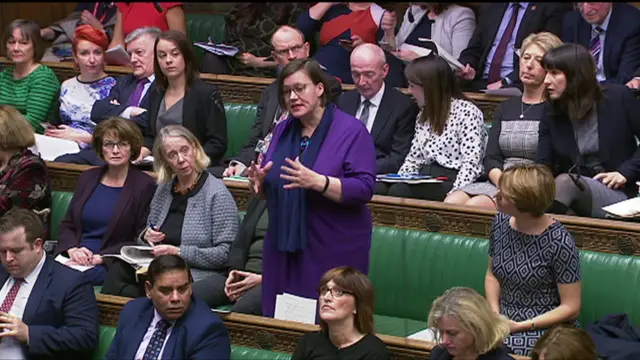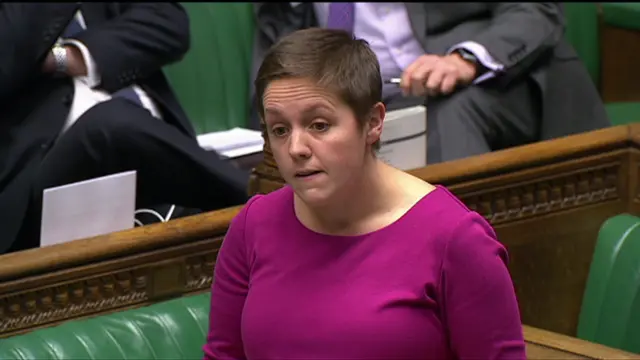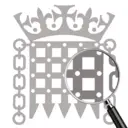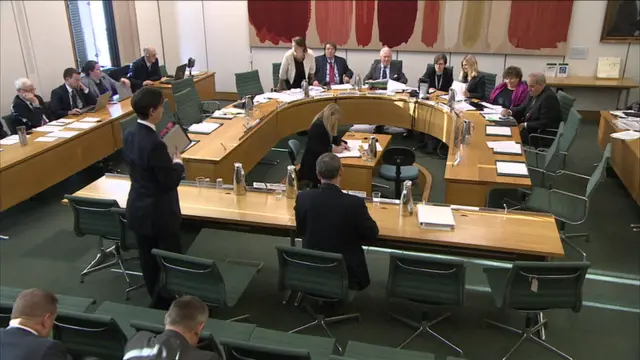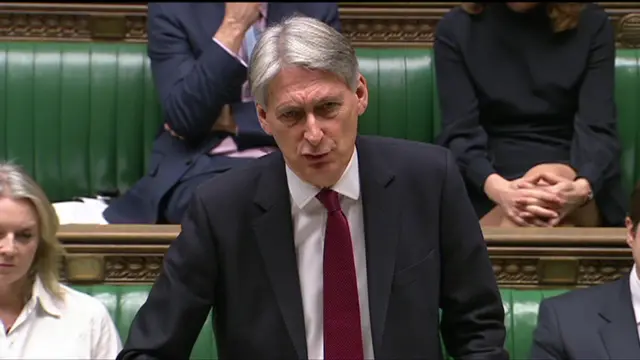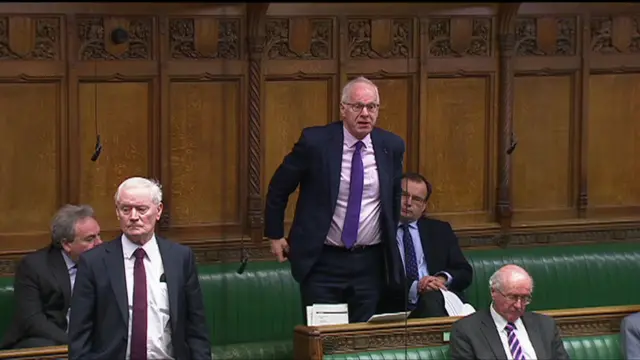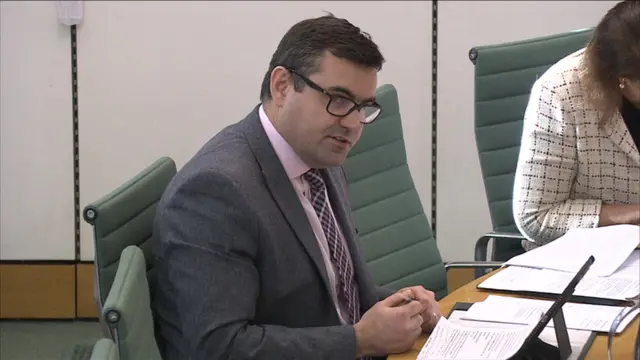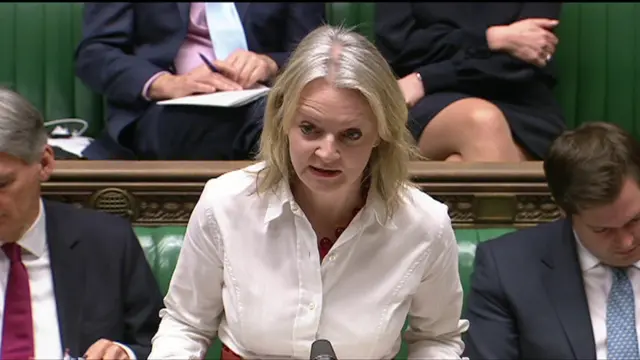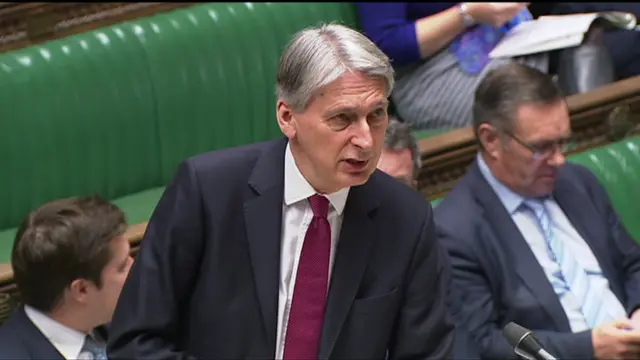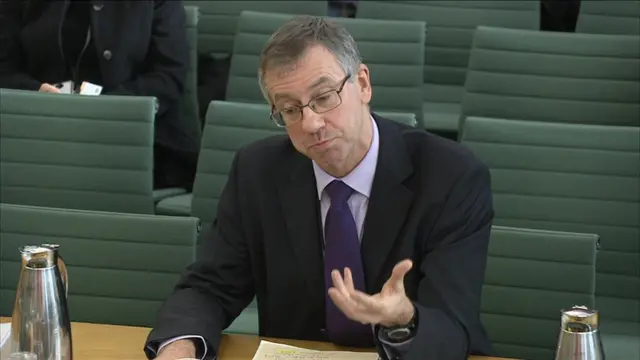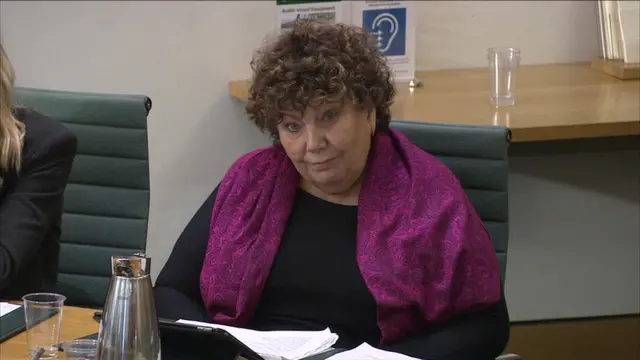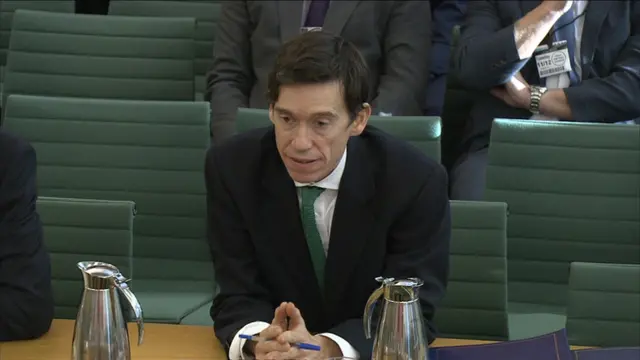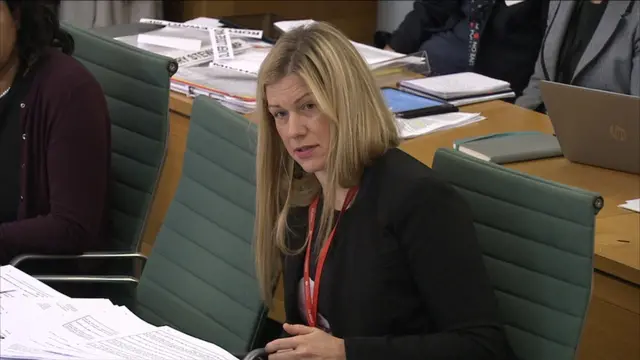Govnernment will ensure meaningful vote before 21 Januarypublished at 12:51 GMT 11 December 2018
Urgent Question on section 13 of EU Withdrawal Act
 House of Commons
House of Commons
Parliament
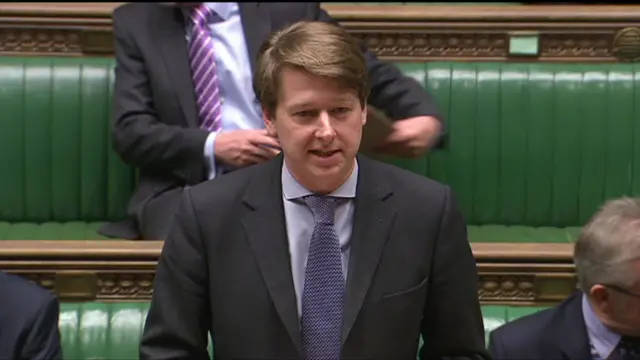 Image source, HoC
Image source, HoCBrexit Minister Robin Walker says "in keeping with the clear intention of the EU Withdrawal Act", the government will ensure that the question of whether to accept an agreement is bought back to MPs before 21 January.
If the deal is accepted, the government will introduce legislation.
If rejected, a statement would be required from the government, who would then table a motion on neutral terms on that statement.
The "clear intention" would be that the deal is reached before 21 January, but in the "unlikely and undesirable" situation that there is no deal by then the government would bring a statement to the House, as required by law.
He is confident that there will be a deal however, he adds.
